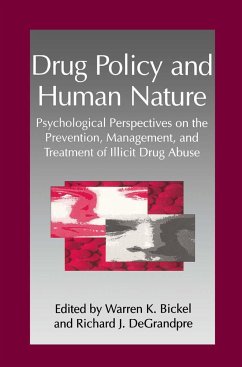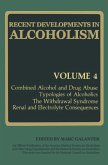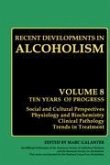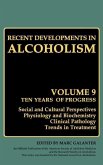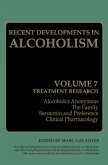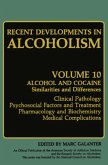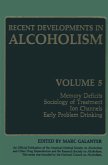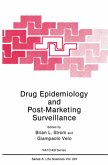The formation of drug policy is a complex phenomena influenced by a multi tude of sources. Among others, these influences include historical factors, contemporary public opinion regarding the nature and magnitude of drug use and abuse, the portrayal of illicit drugs and drug use in the media, and lobbying efforts by special interest groups (e. g. , The Drug Policy Foundation), including government agencies (e. g. , the Justice Department and law enforcement). An additional source of influence are the activities of specialists directly engaged in studying drug use and treating drug dependence. This includes individuals involved in drug treatment, anthropological and cultural studies, policy analy ses, basic psychological and pharmacological research, research on the epide miology of drug use and dependence, and research on prevention. This influ ence by specialists might be usefully distinguished from those influences first mentioned for two reasons: First, studies of drug use anddependence attempt to uncover empirical generalizations about drugs, and second, because these findings are empirical, there is a hope that they guide, at least to some extent, the actions of other forces that more directly determine drug policy. Psychology as an empirical discipline has long been interested in the use of psychoactive drugs. At the level of basic science in psychopharmacology, a most important contribution has been the demonstration that drugs of abuse function as reinforcers and thus enter into the same psychological processes as do other appetitive stimuli.
`An excellent text for both graduate courses and advanced undergraduate courses on the psychology of addiction...will also be of value to social scientists and medical scientists...Perhaps most importantly, this book should be read by politicians and policy makers, regardless of their current views on and approaches to drug policy.' - Journal of Studies on Alcohol, March 1998
`Overall the volume is excellent, with superb reviews of the relevant literature covering the entire spectrum of the drug-abuse problem.' - American Scientist
`A novel and welcome approach to a difficult subject.' - Addiction
`Overall the volume is excellent, with superb reviews of the relevant literature covering the entire spectrum of the drug-abuse problem.' - American Scientist
`A novel and welcome approach to a difficult subject.' - Addiction

